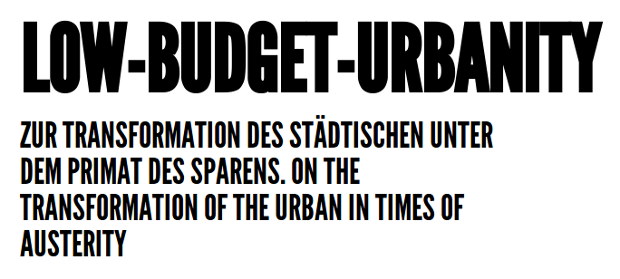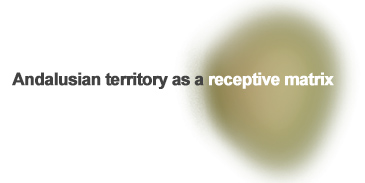![Brackets [Takes action]](https://ecosistemaurbano.org/wp-content/uploads/Background_WWW_Reduit-580x376.jpg)
According to their own description, Bracket is an annual publication documenting issues overlooked yet central to our cultural milieu that have evolved out of the new disciplinary territory at the intersection of architecture, environment, and digital culture. Bracket is a project developed by InfraNet Lab, published by Actar to examine both design and theoretical positions centered on a particular theme.
The fourth issue, Bracket [Takes Action], will examine the ability of design to incite socio-political / socio-cultural action.
An extract from the call:
Bracket [takes action] asks: What are the collective projects in the public realm to act on?
How have recent design projects incited political or social action? How can design catalyze a public, as well as forums for that public to act? What is the role of spatial practice to instigate or resist public actions? Bracket 4 provokes spatial practice’s potential to incite and respond to action today.
The fourth edition of Bracket invites design work and papers that offer contemporary models of spatial design that are conscious of their public intent and actively engaged in socio-political conditions. It is encouraged, although not mandatory, that submissions documenting projects be realized. Positional papers should be projective and speculative or revelatory, if historical. Suggested subthemes include:
Participatory ACTION – interactive, crowd-sourced, scripted
Disputed PUBLICS – inconsistent, erratic, agonized
Deviant ACTION – subversive, loopholes, reactive
Distributed PUBLICS– broadcasted, networked, diffused
Occupy ACTION– defiant, resistant, upheaval
Mob PUBLICS – temporary, forceful, performative
Market ACTION– abandoning, asserting, selecting
Submission deadline: February 28, 2014 (10pm EST)
More info


